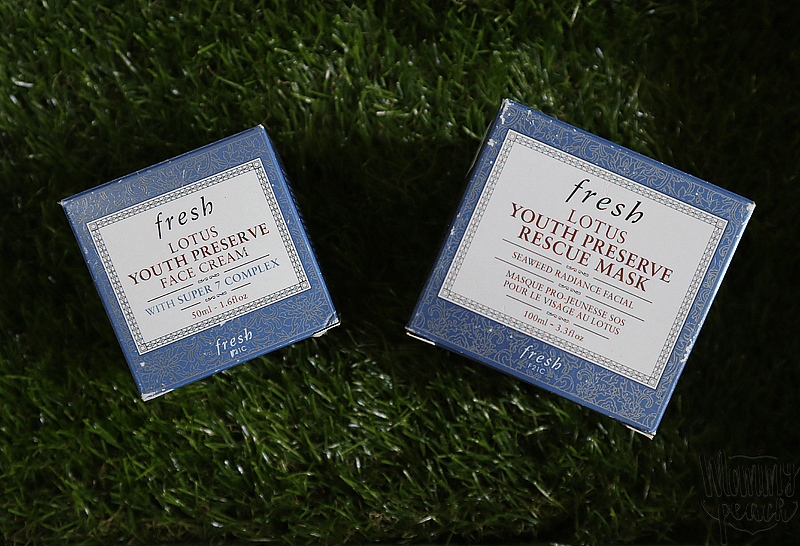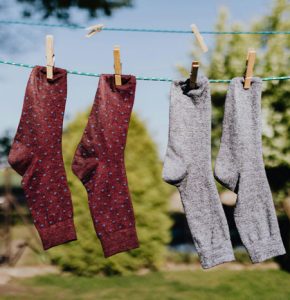Last Thursday, I got to attend a really insightful webinar that tackled a topic we don’t always talk about enough—how unpaid care work at home limits women’s opportunities to work and grow their careers. The event was part of the EmpowerHer: Embedding Gender Equality in MSME Business Practices in the Philippines project, supported by Investing in Women, an initiative by the Australian Government.

Oxfam Pilipinas, the Institute for Social Entrepreneurship in Asia, and OCI Group also launched Asenso Squad, an online community where micro, small, and medium enterprises (MSMEs) can come together to share real-life experiences about breadwinning, unpaid domestic work, and pushing for gender equality at home and in business.
As Lot Felizco, Executive Director of Oxfam Pilipinas, perfectly put it, “When household members share the responsibility of care work equally, it doesn’t just ease the burden on women—it builds stronger, more resilient households. It also gives everyone, regardless of gender, the chance to thrive both at home and in their careers.”
She also pointed out that when women are able to participate more in economic activities, it not only increases household income but also boosts community economies and promotes inclusive growth. In short: when we share the load at home, everyone wins!
The campaign kicked off with an online forum called ‘Family or Career, Why Not Both? Pag-usapan natin paano sumakses sa bahay at buhay.’ It dove into the hard truth: when women are expected to do most of the unpaid care and domestic work, they miss out on work and business opportunities that could actually help support their families financially.
A Look at the Gender Gap
Sadly, the Philippines dropped nine spots in the 2024 Global Gender Gap Index, ranking 25th overall. This index looks at gender parity in economic participation, education, health, and political empowerment.
One key reason for the drop? Fewer women are joining the workforce—and when they do, they’re often underrepresented in leadership roles or are not getting paid equally for similar work.
A study by NEDA this year backed this up, showing that only 21.9 million women are working compared to 30 million men. Marriage and motherhood seem to play a huge role in this gap, with a lot of women taking on more domestic roles while men continue in economic or productive roles.
An earlier study from Oxfam Pilipinas also showed that women spend an average of 6.5 hours a day on care work—that’s three times more than men. Girls are even taking on more housework than boys at a young age! 😟
What’s worse, doing so much care work isn’t just tiring—it can actually lead to injuries, sickness, and emotional harm. Some of the survey respondents even said that yelling at women or shaming men for doing housework was acceptable behavior. (Yikes. We clearly have a lot of unlearning to do.)
If you’re interested in learning more or want to share your own experiences, join the Asenso Squad on Facebook! It’s a space where we can talk about how to succeed both at home and at work, and support each other along the way.












